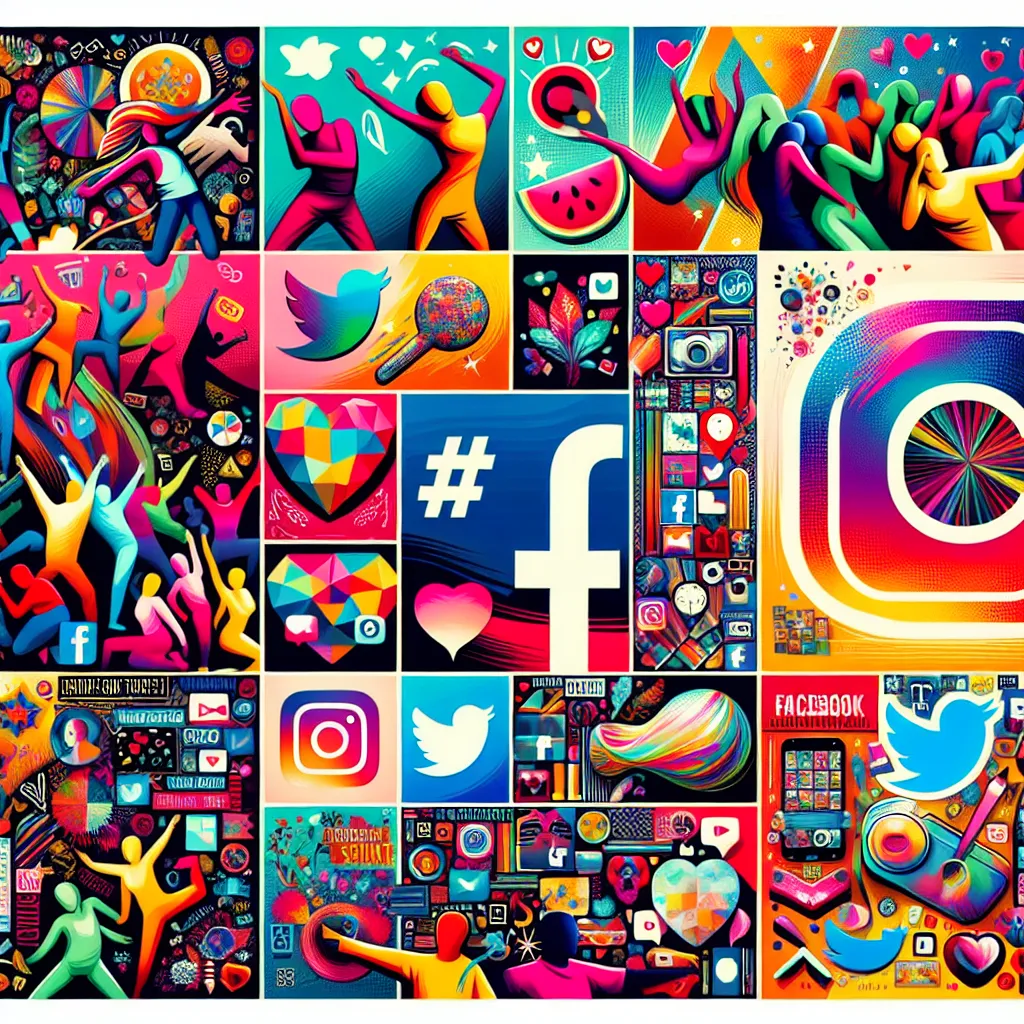As an experienced IELTS examiner, I understand the importance of being well-prepared for the speaking test. In this article, we’ll focus on a common topic in IELTS Speaking Part 2: describing a recent book or film that explored a social issue. I’ll provide you with valuable tips, sample answers, and key vocabulary to help you excel in this task.
Nội dung bài viết
Understanding the Topic
The topic “Describe a recent book or film that explored a social issue” is frequently encountered in IELTS Speaking tests. It allows examiners to assess your ability to discuss complex themes, express opinions, and use a range of vocabulary related to social issues. This topic is likely to remain relevant in future tests due to its versatility and the growing importance of social awareness in today’s world.
IELTS Speaking Test Structure
Let’s break down the IELTS Speaking test and explore how this topic might be addressed in each part.
Part 1: Introduction and Interview
While Part 1 typically covers familiar topics, the examiner might ask general questions about books, films, or social issues to lead into the main topic. Here’s an example question with a suggested answer:
Question: “Do you prefer reading books or watching films?”
Sample answer (Band 7-8):
“I tend to gravitate towards films more often than books. While I appreciate the depth and detail that books offer, I find that films provide a more immersive experience. The visual and auditory elements of movies help bring stories to life in a way that I find particularly engaging. That said, I do enjoy delving into a good book when I have more time to spare.”
Part 2: Long Turn (Cue Card)
Here’s a sample cue card related to our topic:
Describe a recent book or film that explored a social issue.
You should say:
- What the book or film was
- What social issue it explored
- How it presented the issue
- And explain why you found it interesting or impactful
Sample answer (Band 7-8):
“I’d like to talk about a film I watched recently called ‘Parasite’, which delves into the issue of social inequality. This South Korean movie, directed by Bong Joon-ho, masterfully portrays the stark contrast between the lives of the wealthy and the poor in modern society.
The film revolves around two families from opposite ends of the socioeconomic spectrum. Through a series of events, the poor family infiltrates the household of the rich family, taking on various roles as employees. As the story unfolds, it sheds light on the vast disparities in living conditions, opportunities, and even the way people think and behave based on their social status.
What I found particularly compelling about ‘Parasite’ was its nuanced approach to presenting the issue. Rather than painting a black-and-white picture, the film showcases the complexities of the situation. It highlights how both families are, in a sense, victims of the system, albeit in very different ways.
The movie left a profound impact on me because it forced me to confront my own biases and preconceptions about social class. It raised thought-provoking questions about the nature of success, opportunity, and the often-invisible barriers that exist in society. The film’s ability to blend dark humor with social commentary made it both entertaining and deeply meaningful, which I believe is why it resonated with audiences worldwide and even won the Academy Award for Best Picture.
In conclusion, ‘Parasite’ is a powerful exploration of social inequality that challenges viewers to think critically about the world we live in and the systems that perpetuate economic disparity.”
 Parasite movie exploring social inequality
Parasite movie exploring social inequality
Part 3: Two-way Discussion
In this part, the examiner will ask more abstract questions related to the topic. Here are some potential questions with sample answers:
Question: “Do you think films and books are effective in raising awareness about social issues?”
Sample answer (Band 7-8):
“I firmly believe that both films and books can be incredibly powerful tools for raising awareness about social issues. They have the unique ability to present complex topics in a relatable and engaging manner, often reaching a wider audience than traditional forms of education or activism.
Films, in particular, have the advantage of visual storytelling, which can evoke strong emotions and create lasting impressions. They can transport viewers into different realities and foster empathy for experiences that might be far removed from their own lives. Books, on the other hand, allow for more in-depth exploration of issues, providing readers with comprehensive insights and the opportunity for deeper reflection.
However, it’s important to note that the effectiveness of these mediums depends largely on the quality of the content and how it’s presented. A well-crafted film or book can spark conversations, challenge preconceptions, and even inspire action. Conversely, poorly executed or biased portrayals might reinforce stereotypes or oversimplify complex issues.
Ultimately, I think the most effective approach is a combination of various mediums – including films, books, documentaries, and academic research – to provide a well-rounded understanding of social issues and encourage critical thinking.”
Question: “How has the portrayal of social issues in media changed over the years?”
Sample answer (Band 8-9):
“The portrayal of social issues in media has undergone a significant transformation over the years, reflecting broader changes in society’s awareness and attitudes. In my opinion, there have been several key developments:
Firstly, there’s been a marked shift towards more diverse and inclusive representation. In the past, many social issues were either glossed over or presented from a limited perspective, often reflecting the dominant culture. Now, we’re seeing a much wider range of voices and experiences being brought to the forefront, which allows for a more nuanced and authentic portrayal of complex social issues.
Secondly, the advent of social media and digital platforms has democratized the conversation around social issues. It’s no longer just mainstream media outlets deciding which issues get attention; individuals and grassroots movements can now amplify their voices and bring attention to issues that might have been previously overlooked.
Moreover, there’s been a trend towards more intersectional approaches in addressing social issues. Rather than treating each issue in isolation, modern media is increasingly recognizing how various social problems interconnect and compound each other. This leads to a more holistic understanding of societal challenges.
Lastly, I’ve noticed a shift from merely raising awareness to actively promoting solutions. Many films and books now not only highlight problems but also explore potential ways forward, often featuring real-world examples of individuals or communities tackling these issues.
While these changes are generally positive, they also come with challenges. The sheer volume of information available can sometimes lead to oversaturation or desensitization. Additionally, the echo chamber effect of social media can sometimes reinforce existing beliefs rather than challenging them.
In conclusion, while the portrayal of social issues in media has become more comprehensive and nuanced, it’s crucial for consumers to approach these portrayals critically and seek out diverse perspectives to form a well-rounded understanding of complex social issues.”
Key Vocabulary and Phrases for High Scores
To boost your speaking score, incorporate these advanced words and phrases:
-
Shed light on (phrasal verb): To reveal or explain something
Pronunciation: /ʃed laɪt ɒn/
Example: “The documentary shed light on the hidden realities of climate change.” -
Nuanced (adjective): Characterized by subtle differences
Pronunciation: /ˈnjuːɑːnst/
Example: “The film offered a nuanced portrayal of the complexities of racial discrimination.” -
Thought-provoking (adjective): Stimulating careful consideration or attention
Pronunciation: /ˈθɔːt prəˌvoʊkɪŋ/
Example: “The book raised thought-provoking questions about the nature of identity.” -
Resonate (verb): To evoke a feeling of shared emotion or belief
Pronunciation: /ˈrezəneɪt/
Example: “The character’s struggles resonated with many viewers who had faced similar challenges.” -
Delve into (phrasal verb): To examine or investigate thoroughly
Pronunciation: /delv ˈɪntuː/
Example: “The author delves into the root causes of income inequality in her latest work.”
Examiner’s Advice
To excel in the IELTS Speaking test, particularly when discussing books or films exploring social issues:
-
Prepare a range of examples: Familiarize yourself with various books and films that address different social issues. This will allow you to speak confidently on a variety of topics.
-
Practice articulating your thoughts: Work on expressing your opinions clearly and supporting them with relevant examples from the book or film.
-
Expand your vocabulary: Learn and use topic-specific vocabulary related to social issues, as well as more advanced words and phrases to describe your thoughts and reactions.
-
Focus on fluency: Aim for smooth delivery without too many pauses or hesitations. Regular practice speaking English will help improve your fluency.
-
Engage with the topic: Show genuine interest in the social issues you’re discussing. Examiners appreciate candidates who can critically analyze and reflect on the themes presented.
By following these tips and incorporating the sample answers and vocabulary provided, you’ll be well-equipped to tackle this topic in your IELTS Speaking test. Remember, the key is to practice regularly and engage deeply with the material you’re discussing. Good luck with your IELTS preparation!


